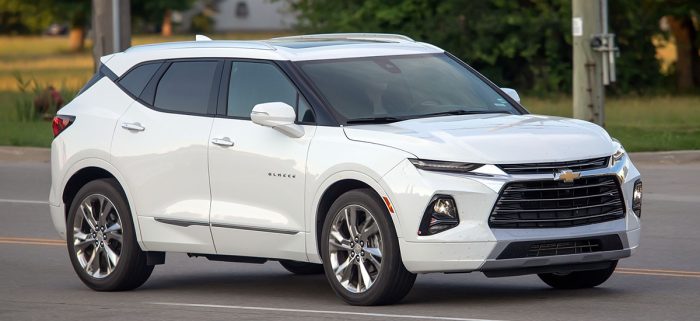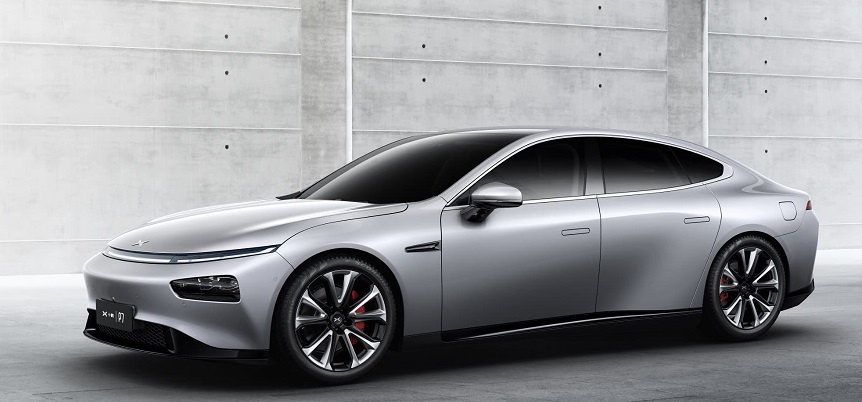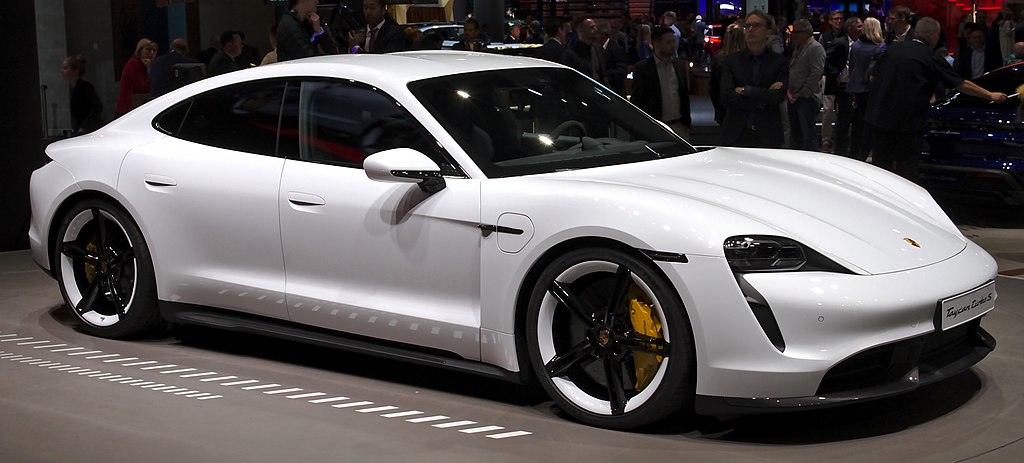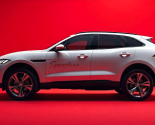Now Reading: Electric car battery prices fell 13% in 2019
-
01
Electric car battery prices fell 13% in 2019
Electric car battery prices fell 13% in 2019
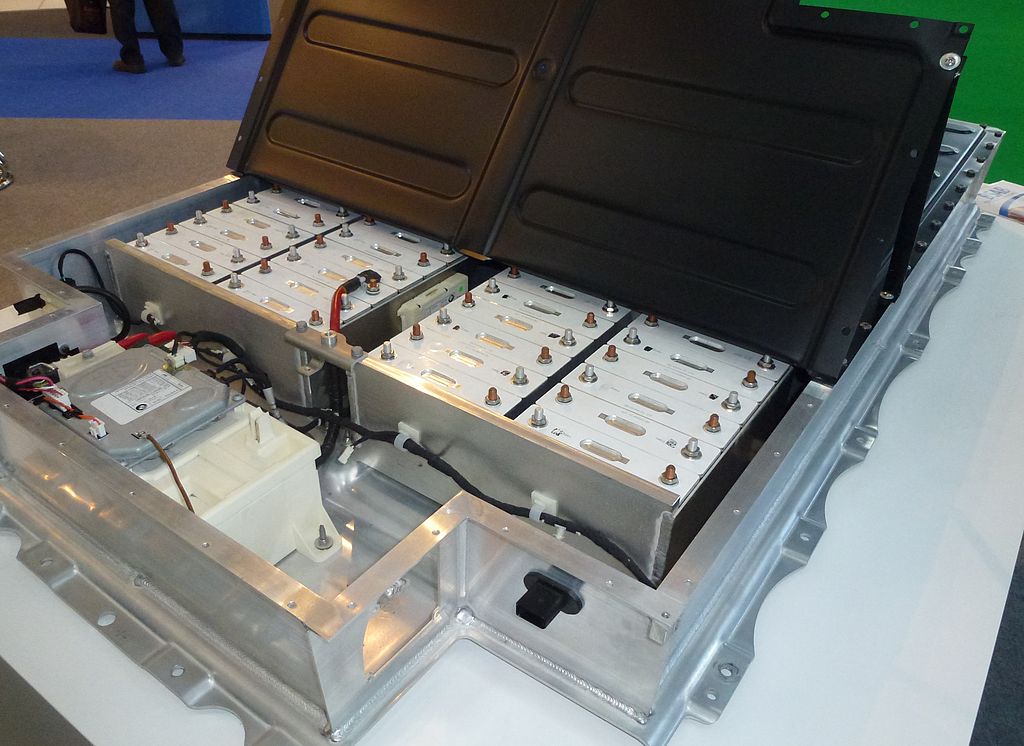
Although electric cars haven’t gained enough popularity in this decade as some had expected, enough indicators are pointing to the 2020s as the time when EVs will see that market fever pitch.
From 2010 to 2019, lithium-ion battery prices have dropped from $1,100 per kilowatt-hour to $156/kwh—an 87% cut. From 2018 to 2019 alone, that shows a drop of 13%.
Those statistics were part of an annual report released last week by Bloomberg New Energy Finance (BNEF). The report also indicated that we will reach the $100/kwh mark before than what it had previously anticipated—by 2023.
A battery pack is generally the single most costly element in an electric car. While automakers have taken the decision to add more cell capacity into their vehicles as the price drops, the potential is there as infrastructure builds out for dramatically more cost-friendly models that go modest on battery capacity.
In 2017, the average price of a lithium-ion vehicle battery pack was $209/kwh, and BNEF had predicted earlier that the business would drop below $100/kwh by 2025.
Why will that happen soon than previously estimated? Part of it is that the size of battery orders has grown larger—underscoring a vote of confidence on behalf of automakers that the worldwide market for electric vehicles will continue building.
BNEF now expects that pack-based cell prices will fall below the $100/kwh mark in 2024. It sees a continued decline of cell prices resulting in a projected $61/kwh by 2030, although it recognizes much greater uncertainty with the latter target.
James Frith, the senior energy storage analyst who composed the report, stated that BNEF estimates the size of the worldwide battery market to be $116 billion yearly, not including investment in the supply chain. “However, as cell and pack prices are declining, buyers will get more value for their money than they do now,” he underscored.
As automakers make electric vehicle design more simple to become based on standardized cells and modules that can be generalized up or down within platforms—such as Volkswagen’s MEB architecture—some of the ancillary pieces such as cooling can also be standardized and made more cost-friendly.
Factory and manufacturing expenses are dropping in the early part of the decade, as well, and adding to that better-than-anticipated affordability. To decrease transportation expenses (and potentially prevent import duties), more battery manufacturers are constructing plants on a region-by-region basis. SK Innovation, for a name, is building a plant in Georgia that is going to provide VW’s electric-vehicle manufacturing in Tennessee, whereas LG Chem and General Motors just announced a joint-venture plant in Ohio. And Chinese battery giant CATL has stated that it is thinking about a U.S. location.
In the second part of the decade, the achievements may be less from scaling up and standardizing, and more from expansions of present facilities, improvements in manufacturing equipment, and materials-related enhancements.
The continued downward trajectory in cell costs has wide-ranging effects that go beyond passenger automobiles. It’s making it more attractive to electrify commercial delivery vehicles, BNEF noted.
Within these price declines, automakers may soon deal with new choices, the firm anticipates—between attributes like a longer cycle life against a cheaper cost. This could potentially, when high-capacity batteries are as ubiquitous as cost-friendly storage media today, form another fine point to what differentiates a premium car from the rest.
Stay Informed With the Latest & Most Important News
Previous Post
Next Post
-
![2026 Toyota Hilux EV: A Powerful Truck with Silent Torque]() 012026 Toyota Hilux EV: A Powerful Truck with Silent Torque
012026 Toyota Hilux EV: A Powerful Truck with Silent Torque -
![2027 Mercedes-Benz S-Class Debuts with V8 Engine [Photo Gallery]]() 022027 Mercedes-Benz S-Class Debuts with V8 Engine [Photo Gallery]
022027 Mercedes-Benz S-Class Debuts with V8 Engine [Photo Gallery] -
![The Financial Benefits of Corporate Fuel Cards for Fleet Management]() 03The Financial Benefits of Corporate Fuel Cards for Fleet Management
03The Financial Benefits of Corporate Fuel Cards for Fleet Management -
![What Are the Most Reliable Jaguar F‑Pace Parts to Maintain SUV Safety and Comfort?]() 04What Are the Most Reliable Jaguar F‑Pace Parts to Maintain SUV Safety and Comfort?
04What Are the Most Reliable Jaguar F‑Pace Parts to Maintain SUV Safety and Comfort? -
![Performance Toyota Hilux Clutch Kits: Are They Worth the Investment?]() 05Performance Toyota Hilux Clutch Kits: Are They Worth the Investment?
05Performance Toyota Hilux Clutch Kits: Are They Worth the Investment? -
![What Is the Cheapest Ford Truck? A Guide to Affordable Ford Pickup Options]() 06What Is the Cheapest Ford Truck? A Guide to Affordable Ford Pickup Options
06What Is the Cheapest Ford Truck? A Guide to Affordable Ford Pickup Options -
![The Future of Exhaust Headers: Advancements in Materials and Technology]() 07The Future of Exhaust Headers: Advancements in Materials and Technology
07The Future of Exhaust Headers: Advancements in Materials and Technology

![2027 Mercedes-Benz S-Class Debuts with V8 Engine [Photo Gallery]](https://speedlux.com/wp-content/uploads/2026/01/2027-Mercedes-Benz-S-Class-33-700x394.jpg)










